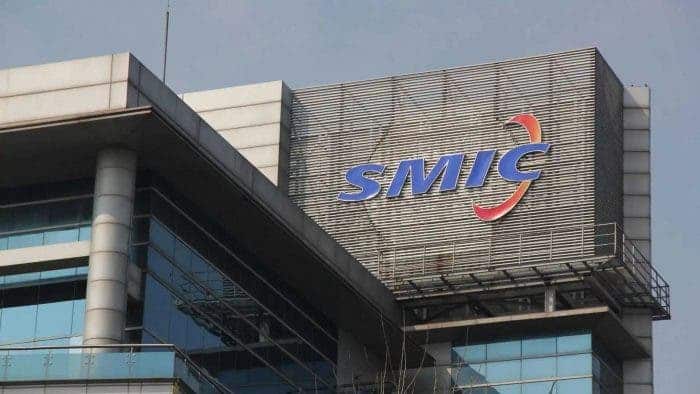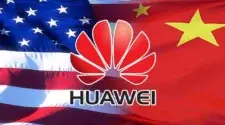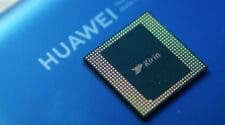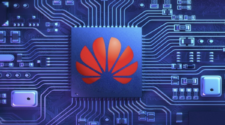China is now making every effort to gain silicon independence. According to the plan of the ruling party, by 2025 at least 70% of chips in Chinese products should be local production. A special role in achieving this goal is assigned to Semiconductor Manufacturing International Corp (SMIC), which is actively developing advanced technologies in the production of semiconductor products.
It is logical that the United States, which is also striving to become a leader in this industry, is closely following SMIC and predictions have been made more than once that the White House is ready to unleash its sanctions on the company. There are rumors that the US Department of Defense is ready to come up with a proposal to restrict the Chinese chipmaker’s access to lithographic equipment and components from American manufacturers. According to the military, SMIC is exploiting existing legal loopholes to purchase critical technology from the United States that could be in use for military purposes.
US wants to ban Chinese chip maker SMIC

But there is no unity in the ranks of American officials. Rumor has it that a number of US Commerce influencers do not share the DOD sentiment and are not planning to impose sanctions on SMIC. Whether in the end the Chinese chip maker will end up in the millstones of American sanctions is anyone’s guess; and wait for what decision will take place in the White House.
There is a strong feeling in the US that China is one of the main threats to the fragile peace; and balance in the world of the semiconductor industry. Americans are very intrusive and aggressive in their quest to become IT dominant. Therefore, they took the path to slow down the development of Chinese companies; and seek to squeeze them out of the market. Hence all these sanctions and black lists of companies that threaten national security; which are constantly replenished with new objectionable firms.
Recently, Semiconductor Manufacturing International Corp (SMIC) announced that its vice-chairman has resigned. This happened less than a year after he took office.
Chan, a former director of research at TSMC, joined SMIC at the end of December. Commenting on his current departure, SMIC announced that he has retired to spend more time with his family.
In addition to Chang, three other members have left the board; including co-CEO Liang Mong Song, who warned that he might leave the board back in December last year. According to SMIC, he will remain co-CEO.





